00352 - 27 28 15 38 | mycon@mycon.lu
Building expert Luxembourg
Valuable protection by building experts
Once the decision has been made to build a new house, the next steps should be well thought out. Unlike the purchase of a new car, building a house is a more far-reaching project in terms of both time and money, as it is generally only realised once in a lifetime. And finally, the aim of owning a home is to gain quality of life.
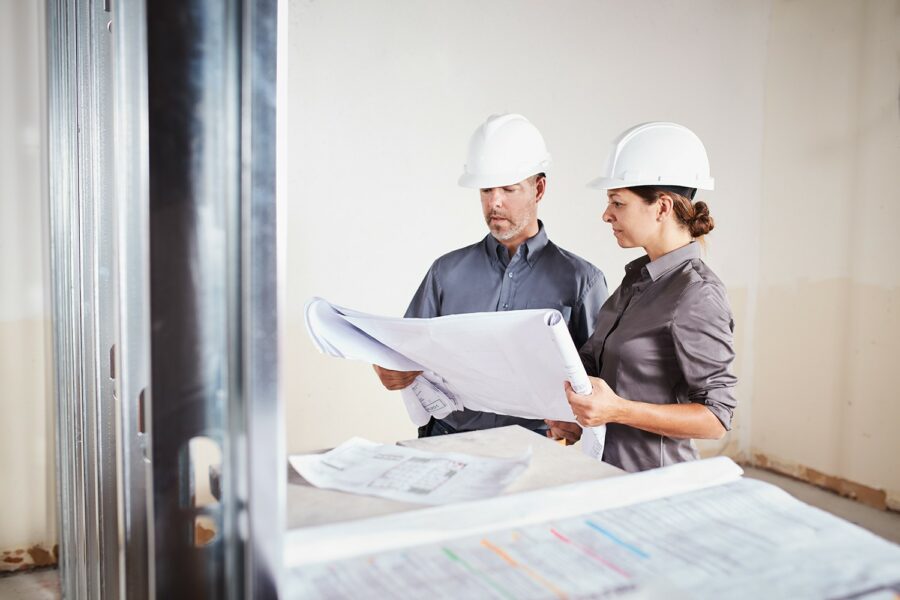
Life investment house building
In order to enjoy your own home for decades to come, the careful and precise planning of a building project should be significantly supplemented in advance with the support of a building expert. For the builder, a decisive advantage is that the early involvement of an expert leads to an acceleration in obtaining the prescribed approvals. However, the focus is on the coordination and optimisation of many planning activities - whether technical or financial. To ensure that the builder-owner retains an overview, especially in the case of key issues whose scope is difficult to assess without the relevant expert knowledge, it is advisable to rely on the professional expertise of the building surveyor. It is not uncommon for building owners to be disappointed after moving in to find out what they should have done differently and that they had not imagined some things like this at the start of construction. However, by then it is usually too late to make changes or it turns out that the corresponding conversion measures are very costly.
Protects against financial damage
Since the developers and the construction manager supervising the building project are paid by the builder, i.e. they act in his interest, the builder-owner is best advised to use a building expert. The expert examines the building project from the owner's perspective and checks or monitors the progress of the construction. In this way, emerging problems can be pointed out at an early stage so that annoying and expensive defects do not occur in the first place. Attention is thus focused on the quality of the house construction. According to the principle 'trust is good - control is better'.
Avoid expensive construction defects
A building expert can point out critical points or questions that urgently need to be clarified to the building owner at an early stage of the design. The risk of expensive construction defects can be avoided with complete and professional construction supervision and regular quality inspections by a building expert during the construction phase. The avoidance of defects in the building has the highest priority from the very beginning, as the elimination of damage can result in unplanned and extremely high additional costs for the building owner. Since a building expert carries out his work independently and has many years of professional experience, in the event of discrepancies the arguments he provides to the building owner vis-à-vis the executing construction company have an objective character.
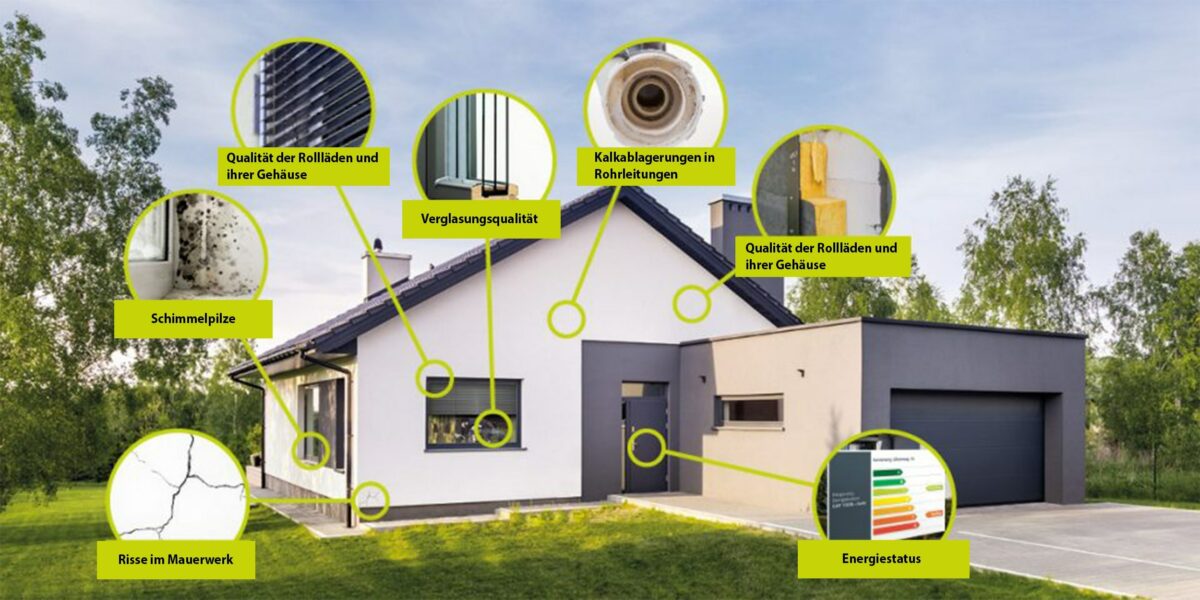
Consultation before signing the contract
Serious errors are already possible in the drafting of the contract and in the description of the construction work, i.e. even before the foundation stone is laid. Since freedom of contract applies, the construction company only has to perform services that are explicitly listed in the contract. To the surprise of many builders, there are no specifications or minimum requirements. What is not explicitly stated in the specifications is not implemented in the construction - often more than disappointing for the future homeowner. For example, the assurance 'ready for occupancy' does not mean 'ready for occupancy', which means that the house is not already habitable. To avoid a rude awakening in this respect, the builder should hold the first consultation with the building expert before signing the contract. When checking the contract, problematic formulations can be gone through and the procedure for the further building inspection can be planned.
Compulsory date for building inspection
With the acceptance of construction, all risks and dangers associated with the new home are transferred to the builder. Acceptance is therefore the most important legal act after signing the contract. From here on, the warranty, which is usually five years, and the reversed burden of proof begin. The builder must provide the contractor with evidence of any defects that are present or have come to light. Therefore, before the date of the official building inspection, the builder should inspect the house in detail together with the building expert. For the builder, the building inspection is one of the main contractual obligations and should therefore only take place in person and on the building site. Defects that still need to be rectified are listed in the acceptance protocol - regardless of when they were discovered.
In principle, the builder-owner can refuse acceptance if there are still defects that impair the function or are relevant to safety. It is not sufficient for the client to be dissatisfied with certain construction work to set a new date for acceptance. Rather, the defects must be 'substantial'. With his expertise, the building expert also supports the client in the assessment and evaluation of such defects that have not yet been remedied and, in the event of disputes, provides detailed advice on the further course of action vis-à-vis the building contractor.
Quality still after years
Before the end of the five-year warranty period, the builder should carry out a final inspection and appraisal of the house in cooperation with the building surveyor, as construction defects can still become apparent later. Thus, there is still sufficient time to inform the building contractor of these previously unknown defects and to demand that the defects be remedied.
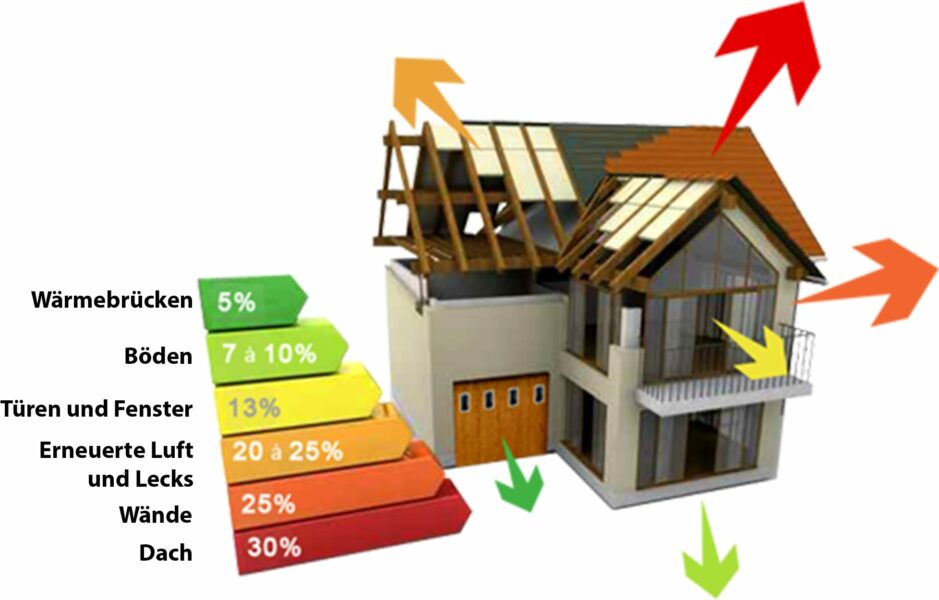
Range of services of our building expert
It goes without saying that the services our building surveyor provides for you as the building owner are geared to your individual requirements. Put simply, there are not the Building site - how often a building surveyor is called upon during the construction period depends on the individual case.

Let our building expert advise you competently right from the start.
Our range of services includes
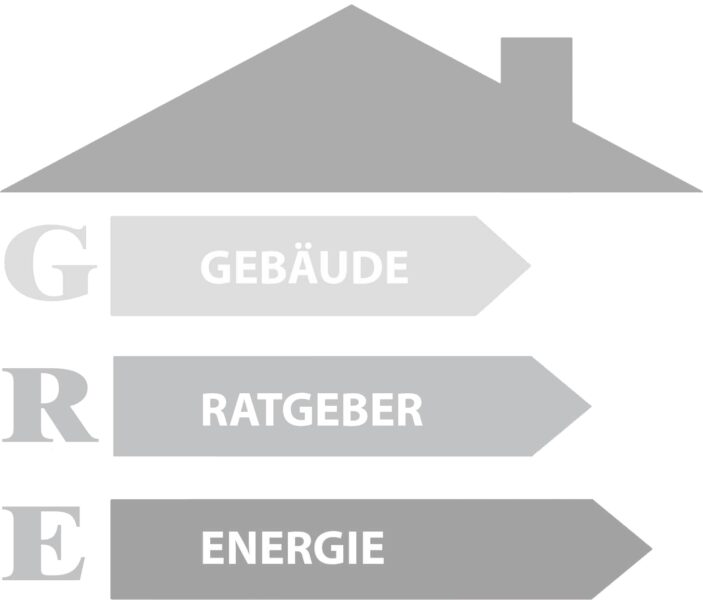
Advising on the content of the construction contract before signing the contract
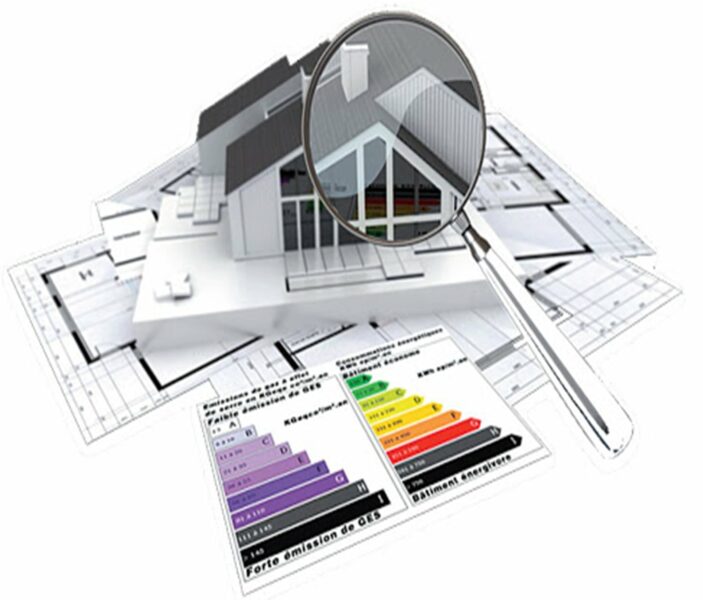
Precise and seamless construction supervision and control
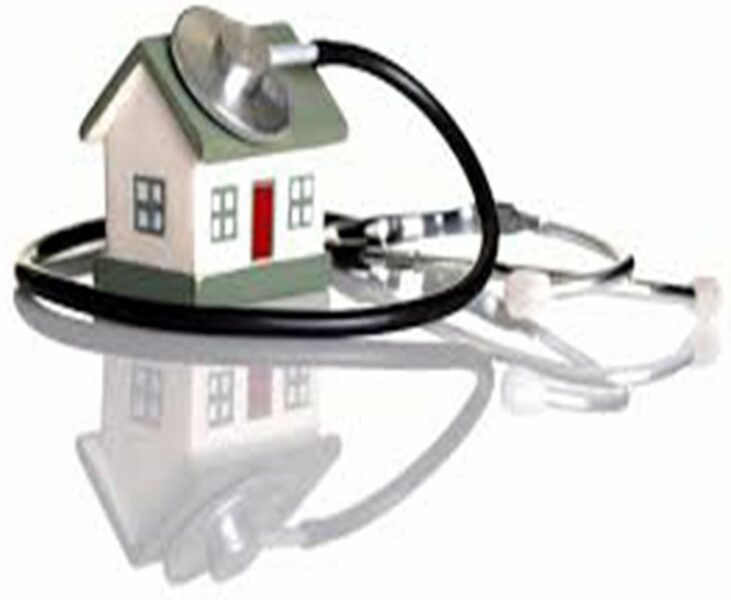
The detailed inspection of the construction before the official building inspection
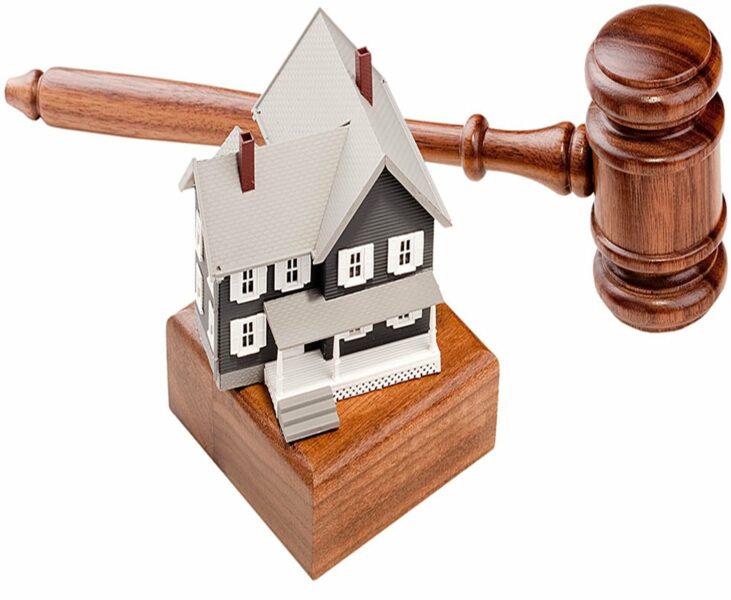
The professional listing of defects of possible essential Deficiencies
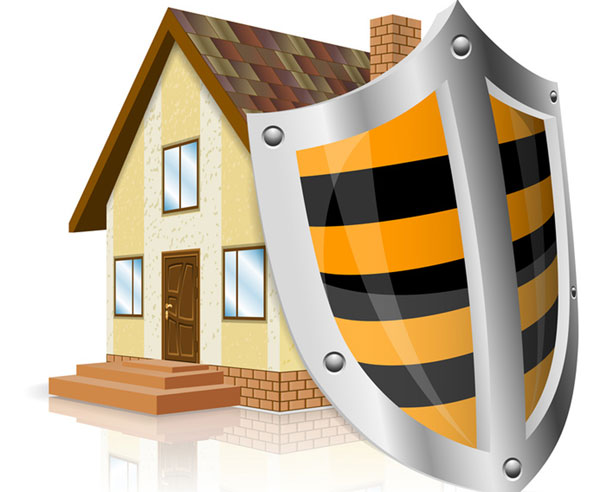
The inspection before expiry of the statutory warranty period
As a builder, do not take any unnecessary risks and protect yourself.
STATICS BASICS
The basic regulation for load assumptions is DIN 1055, but Eurocode1 is now authoritative according to the new European regulations.
After the load assumption, the load transfer is calculated. In this process, the loads are transferred from the roof slab to the foundations and are used to dimension the foundation sizes and the degree of reinforcement.

